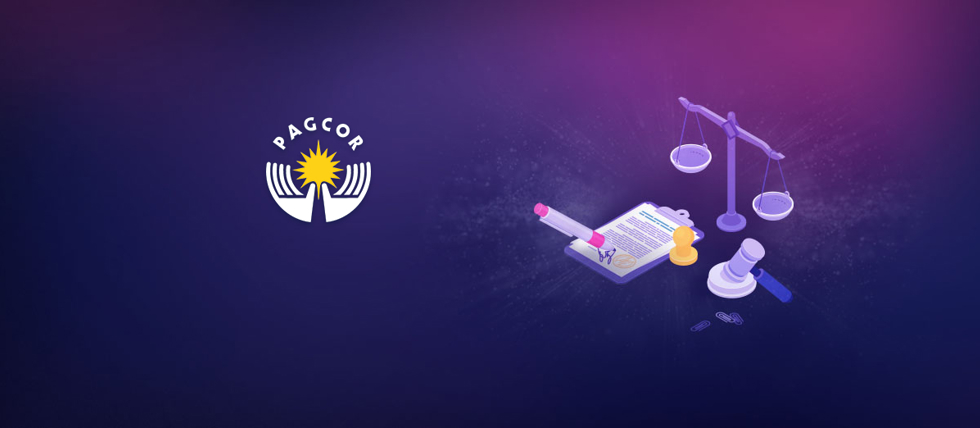PAGCOR Strengthens Regulation of Philippine Offshore Gaming Operators

The Philippines is intensifying its efforts to regulate Philippine Offshore Gaming Operators (POGOs) and the gambling industry within its borders, driven by its own determination and international pressure.
In a recent regulatory move, the Philippine Amusement and Gaming Corporation (PAGCOR) has announced its readiness to issue show-cause orders and impose fines of up to $50,000 on any POGO found allowing third-party operations under its own license. This development was reported by Rappler, citing officials familiar with the matter.
PAGCOR's Stringent Measures against POGOs Jessa Fernandez, PAGCOR's assistant VP for compliance, and Agnes Devanadera, CEO of the Clark Development Corporation, explained that this new measure was prompted by an incident involving a POGO service provider whose license was revoked. The particular POGO in question was operating from Sun Valley Clark and was found to be in violation of multiple existing laws, although sub-licensing under its own license was not specifically mentioned as an offense.
PAGCOR's action against CGC Technologies was a response to an investigation that revealed Sun Valley Clark had become a hub for illegal activities, with criminals conducting unlawful businesses and using the location for fraudulent schemes involving cryptocurrencies and human trafficking. However, the crackdown on Sun Valley Clark is part of a broader decision to adopt a stricter stance on third-party sublicensing by POGOs.
The Clark County Security Council confirmed that this issue had allowed criminals to establish their operations within the jurisdiction, exploiting POGO licenses as a cover. This situation will now be addressed with the full force of the law. POGOs have long faced criticism for engaging in questionable practices and have been accused of facilitating social ills and crime.
Much of the crime associated with POGOs has targeted customers overseas. However, many operators have also been involved in human trafficking, attracting workers from other Asian countries and subjecting them to captivity, exploitation, and inadequate pay. These modern-day forms of slavery have tarnished the Philippines' reputation and strained relationships with neighboring countries, particularly China.
In addition, PAGCOR recently responded by publicly reprimanding a website that had hijacked a domain name of historical significance in the United States, luring unsuspecting consumers into gambling with an illegal, unregistered, and likely fraudulent gambling operator.
PAGCOR's crackdown on POGOs offering sub-licenses demonstrates the Philippines' commitment to ensuring that the gambling industry operates within a legal and regulated framework. By taking decisive action against illegal activities and third-party sublicensing, the government aims to eradicate criminal elements and protect the country's reputation. As the Philippines continues to strengthen its regulations and enforcement, it is hoped that the POGO industry will undergo positive transformations, ensuring a safer and more reputable environment for all stakeholders involved.
More Regulation News
RELATED TOPICS: Regulation
Most Read
Must Read
 Interviews
Interviews
Sweepstakes Casinos: Thriving in an Ever-Changing Industry – Interview with Attorney Stephen C. Piepgrass
Feb 17, 2025 Interviews
Interviews







Review this New Post
Leave a Comment
User Comments
Comments for PAGCOR Strengthens Regulation of Philippine Offshore Gaming Operators